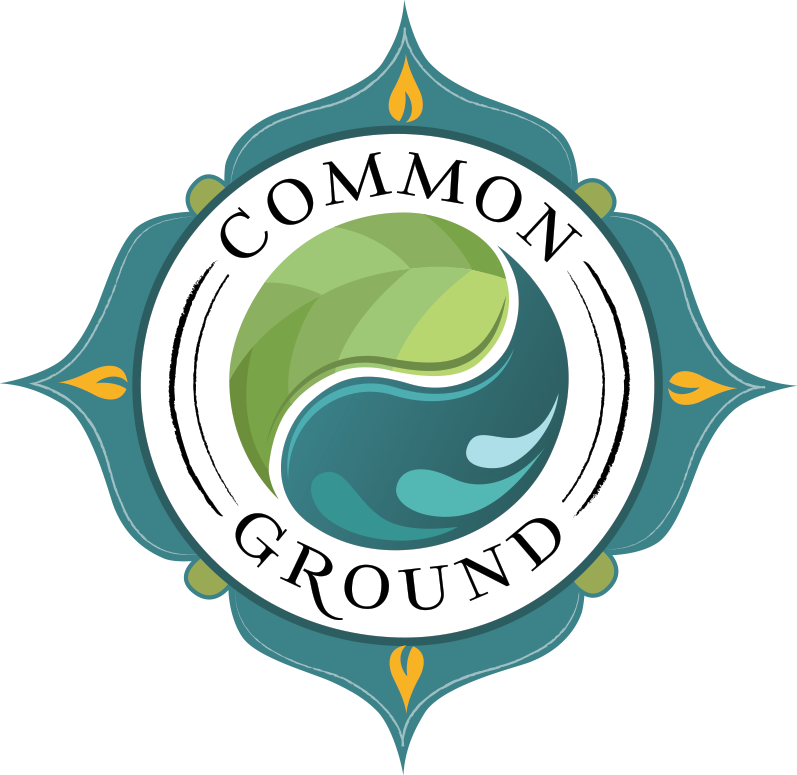Acupuncture’s Role Cancer Treatment
Acupuncture is an ancient Chinese medical technique. The National Cancer Institute describes it this way; “acupuncture applies needles, heat, pressure and other treatments to certain places on the skin called acupoints to cause a change in the physical functions of the body.” Neuroscience research suggests that acupuncture works by modifying the nervous system through stimulation of specific points throughout the body. The placement of the needles helps release neurotransmitters like endorphins and serotonin which relieve pain and stimulate feelings of well-being. Clinical trial-generated evidence has shown that acupuncture is safe and effective as an adjunctive treatment for managing cancer-related symptoms. Acupuncture can help with cancer pain symptoms and side effects, such as:
Nausea and Vomiting
Opioid-induced Constipation
Opioid-induced Pruritus
Chemotherapy-induced Neuropathy
Aromatase Inhibitor-associated Joint Pain
Neck Dissection related Pain and Dysfunction
Hot Flashes related to Hormone Treatment
Depression and Mood Changes
Acupuncture has an adjunctive use in anesthesia, in post-operative pain control, and in aiding and hastening recovery from the side effects of the various therapies.
The search for methods to control cancer symptoms has many asking “Does Acupuncture help with cancer pain?”
Acupuncture for Cancer Pain
Cancer pain is one of the most prevalent symptoms in patients with cancer and one of the most distressing and feared symptoms. The National Comprehensive Cancer Network (NCCN) recommends acupuncture as one of the integrative interventions in conjunction with pharmacologic intervention for cancer pain. It is widely known that Acupuncture is a powerful tool for general pain control.
The International Association for the Study of Pain (IASP) defines pain as: “an unpleasant sensory and emotional experience associated with actual or potential tissue damage.” Approximately 100 million adults in the US suffer from various chronic pain conditions. It is estimated that up to 40-85% of cancer patients suffer from pain. Chronic cancer pain is caused by two factors: the tumors themselves and the various anticancer treatments such as surgery, chemotherapy and radiation therapy. Cancer pain is often treated inadequately with pain medications. There is concern amongst cancer patients about opioid addiction and adverse effects from medications. Many seek help from other modalities like acupuncture to help with cancer pain. They hope that acupuncture will be successful in relieving cancer pain and reducing narcotic use. The National Cancer Institute (NCI) symposium on acupuncture highlighted the clinical evidence of its use in oncology symptom management. Acupuncture is one of the non-pharmacologic interventions associated with fewer side effects and should be part of a multimodal approach to the management of cancer pain.
Accumulated evidence from clinical and animal studies has suggested that acupuncture may be beneficial in helping with cancer pain. The National Institutes of Health has formally acknowledged acupuncture’s ability to achieve therapeutic effects, including relieving pain and nausea. As more clinical trials are being conducted, there should be a rapid growth of knowledge on how acupuncture helps with cancer pain in the near future.
Acupuncture is becoming a large part of mainstream cancer care
Acupuncture has become increasingly integrated into mainstream supportive cancer care in the United States as a result of the increasing evidence base and patient preferences. Check with your physician before starting acupuncture for cancer pain as a complementary or alternative treatment. Always talk to your acupuncture practitioner about your full medical and drug history before starting treatment for cancer pain. Acupuncture to help with cancer pain is generally safe when performed by properly trained practitioners who know the specific safety precautions that might be needed for cancer patients. The most common though very rare side effects could be minor bleeding, needling pain, or faintness.
The professionals at Louisville Acupuncture listen intently to your needs and do their best to meet them. Each practitioner has their own unique set of credentials and training. Learn more about each practitioner on the Practitioners page. Call today to schedule an appointment and learn more about how Acupuncture could help cancer pain.


